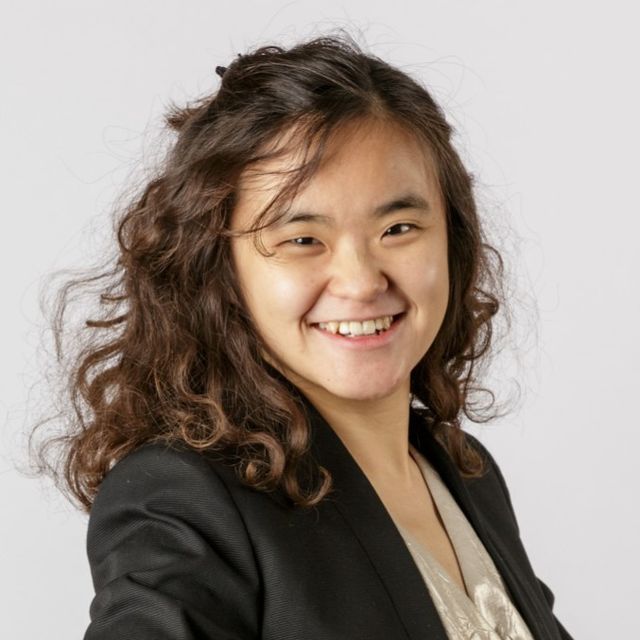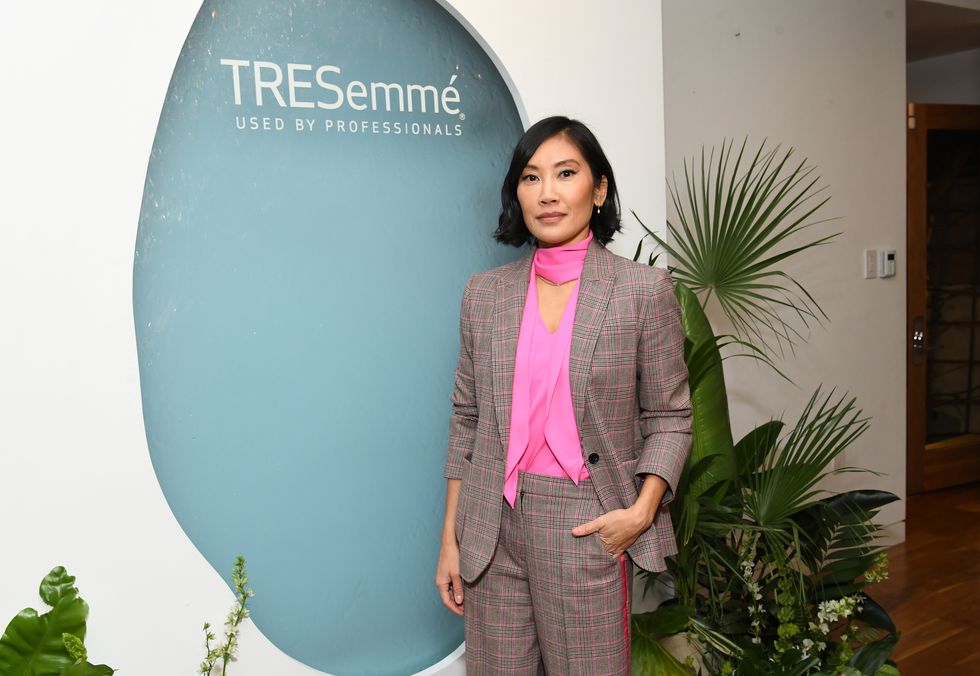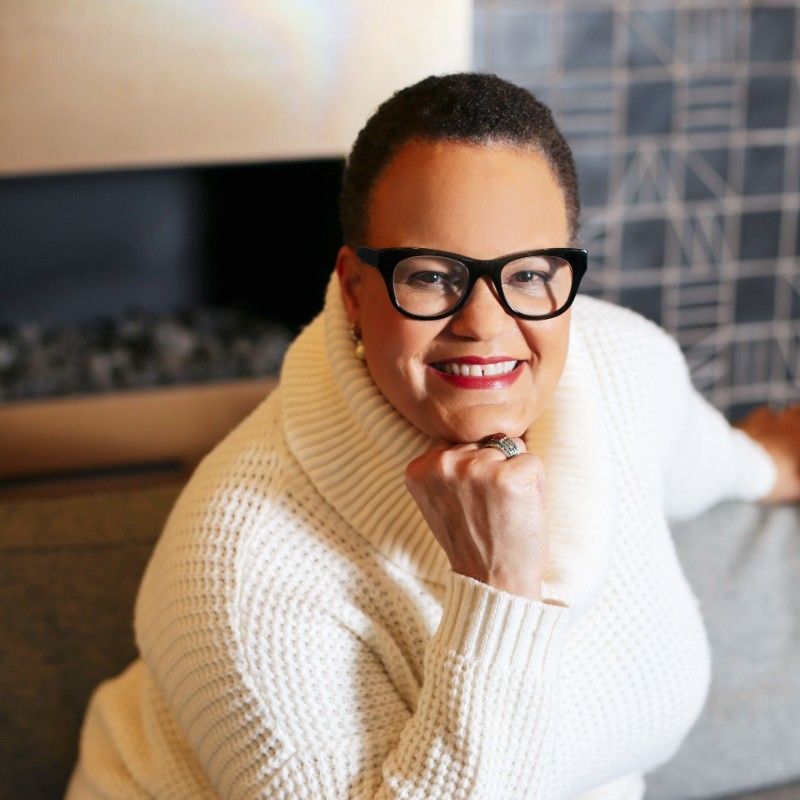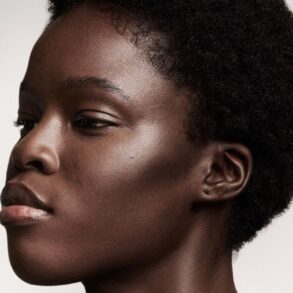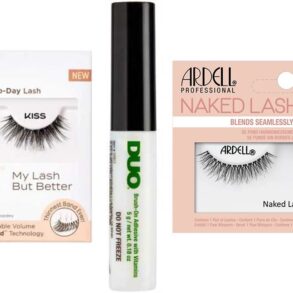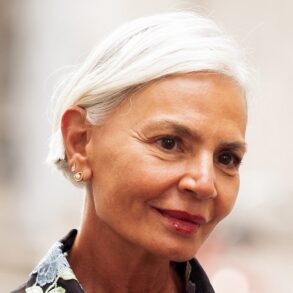In the Shondaland series All in on Ambition, we’re bringing you stories that will inspire you to seek, discover, and go and get whatever you’re after — not that you need our permission or anyone else’s. From tips on embracing personal and professional drive to tales of women leading the charge in underestimated and underappreciated industries, we’re owning and reigniting ambition and ourselves.
Ambition is often thought of as a positive attribute, and it is — unless it turns into an obsession with something that just isn’t meant to happen. For the most part, ambition is a good thing: It’s what keeps us motivated, focused, and able to ignore obstacles in the way of our goals. But the other side of ambition, the part observers don’t always reward, is the crummy stuff. Doubt and uncertainty. Starting over and over. In a word, failure.
It takes guts and moxie to be ambitious, but it also takes a willingness to screw up — and understand that screwing up is part of the process. That takes lots of courage and confidence in your vision, and that’s what separates the truly ambitious from those content to coast.
As part of Shondaland’s exploration of ambition, we spoke with three ambitious people who’ve not only set their sights on a goal but have also been willing to fail on the way to that peak. Here’s what they had to say about ambition, the stumbles on the way to success, and what they’ve learned on their journey.
Kitty Liao, an Engineer and Inventor Aiming to Save Lives
Back in 2014, long before Covid would make everyone in the world understand the importance of vaccines, engineer Kitty Liao had a big aha moment when she learned that some 20 to 50 percent of vaccines go to waste. As a result, some 700,000 children die every year from vaccine-preventable diseases, according to data from the National Institutes of Health. The waste, she saw, was because of a problem she dubbed “the Last Mile” — a moniker for the most difficult stretch in getting vaccines to people in remote areas, typically in underdeveloped nations. In, say, parts of Cameroon, where Liao conducted some research, it’s not uncommon for vaccine administrators to traverse unpaved roads on donkeyback, carrying ice boxes.
In other places, people try to walk mountains or in a river with a cooler full of vaccines. On top of that, even trained health care workers sometimes inadvertently waste medicine by opening and closing cool boxes, thereby exposing vaccines to temperatures that ruin them. In remote Nigeria and Madagascar, sometimes 100 percent of vaccines are spoiled.
Liao had an idea: a storage and cooling container she dubbed SMILE — smart last mile cooling system.
“It is essentially solving the two main problems that I see in delivering vaccines,” she says via video chat from London. “One, the fundamental cooling issues, and the second issue, I think, is the most important one: The device is designed to minimize human error.” In older vaccine storage units, the administrator has to open and close the container every time they need a dose, exposing all the remaining medicine in the container to the air. Her SMART device has a dial that serves up an individual dose — like, say, a gumball machine — and when a dose is removed, a lid closes automatically to keep everything else inside cool.
Existing cool boxes, if they remain shut, could keep products cool up to 24 hours; hers keeps vaccines cool for up to six days. She’s even made a backpack for it so people can wear it as they trek. SMART, which she worked on for nine years and poured countless hours and lots of her savings into, is simple and pretty genius, with the potential to save countless lives. So, it should’ve been a slam dunk — the next big breakthrough that made her a superstar in the medical community, yes?
Not exactly.
“It’s so hard,” she says. “It’s all about money. People want to make more money. And this project is not about making money. When investors see it, they just say, ‘Oh, that’s such a nice thing you’re doing. Good luck with it,’ because it doesn’t give them money.”
Liao is from Taiwan and grew up determined to be a doctor but was discouraged by nearly everyone in her life to go into science, math, and tech because she was a girl. She got her bachelor’s degree in engineering from Fu Jen University, then went on to study in London, Switzerland, and the U.S. She’s back in London now. “I’m a little bit of a weird kid,” she says, “because whenever I want to do something, or I enjoy doing something, I just go on and do it. And if somebody tells me no, I just ignore that because I want to do my own thing. When I was growing up, there were lots of people trying to dissuade me from doing engineering. They said, ‘You can’t compete with boys that way,’ which is just ridiculous. I’m sort of stubborn in that way.”
Her idea has been getting attention, but not the investment funds she needs to manufacture the 2,700 SMILE units (roughly $1,500 to $2,000 apiece) to get them on the market. Grants have helped — the Bill & Melinda Gates Foundation funded some early research — and Liao, who founded the company Ideabatic, is still pressing on.
What’s kept Liao going? Unwavering belief in the idea, in herself, and a little old-fashioned stubbornness. “Going to the field in Nigeria, in Madagascar, seeing people living in the most remote parts of the world reminded me why I started all this,” she says. “I just thought it’s crazy that we are having everything [while others have nothing]. Maybe I can still do something I love — engineering, solving these kinds of problems — to help people. So, that’s really the big reason why. I gave up everything to focus on developing the solution.”
Melissa Magsaysay, an Entrepreneur Using Beauty and Fashion to Empower Women
Looking at Melissa Magsaysay’s impressive and varied career — she’s a journalist, a brand consultant, a beauty expert and influencer, an author, and most recently, the co-founder of a clothing line — it sure seems like everything she does is a success, and she’s never made one wrong move. But there was a time when she felt like a failure.
“In 2012, I was laid off from the Los Angeles Times, where I was style editor and a reporter,” she tells Shondaland. “For five years in my 20s and early 30s, the job was really my identity. It was everything I wanted. And I just felt like the big cheese around town. I was really loving it.” After the layoff, she says, “I think I felt like a failure for a really long time. I had to shift and figure out how to use my skills to do something that felt like it made a difference.”
She leveraged her expertise to push forward, initially by consulting for beauty and fashion brands. Years before Rihanna would disrupt the beauty category by expanding the number of shades in a makeup line with Fenty Beauty in 2017, Magsaysay had been advising brands to see people of color and plus-size women as tastemakers, trendsetters, and untapped markets. Magsaysay’s work in the space eventually led her to becoming a leading voice in those categories; she was on the founding team for the size-inclusive brand 11 Honoré, where she heads editorial content, and she became head of content for the inclusive beauty platform Thirteen Lune as well.
Ambition never sleeps, though. Not one to stay stagnant, Magsaysay pivoted yet again recently — this time becoming a designer and entrepreneur herself. Earlier this year, she launched Duster (pronounced “daster,” as in “faster”), a line of chic dresses she co-founded with business partner Andrea Racey. The Duster origin story is deeply rooted in Magsaysay’s Filipina heritage: Dusters are house dresses worn by women in the proudly matriarchal society. Magsaysay had been thinking about what a wardrobe of easy clothing would look like even before the pandemic, but the uncertain time after that revolutionary period of forced sequester helped inspire deeper thought.
“Our days look so different now, right? We’re on Zoom. We’re doing school pickup; we’re off to lunch. We’ve got to make a doctor’s appointment,” says Magsaysay, a wife and mother. Being a mom, of course, is a full-time job in itself, and she was having a glass of wine one night with Racey, a designer with a passion for women’s empowerment, when the sociopolitical implications of the duster sparked the idea for a business. “The Filipino duster really ties so organically into this conversation of unpaid labor and unpaid caregiving,” she says, citing a statistic that some 75 percent of unpaid domestic labor falls on women, and primarily women of color. She saw the potential to reimagine and recontextualize the duster as a garment that not only looks great, allows ease of movement, and can go from home to the playground to school, but also speaks to women’s economic empowerment. Duster was born.
“Everything is under $250, and we give two percent of every duster to Moms First, an organization that advocates for paid leave and universal childcare,” Magsaysay says. “[Duster aims] to shift culture to be more accommodating and value mothers and caregivers. Through marketing and social, we really want to just seamlessly weave in the conversation about women and work. I think there’s a lot of people who just don’t understand financial equality for women — how if labor was compensated fairly, we would see women really gaining more economic equality with men, or just in general.”
Though she was already a business mind with her editorial and consulting work, Duster marks a foray into a different type of venture: one that comes with an inherent risk of not succeeding. But for the ever-evolving Magsaysay, failure isn’t an option because she doesn’t even think that way.
“So much of it is a story we tell ourselves,” she says. “I would always say, ‘I’m not good at math. I’m not good at numbers.’ But I just stopped talking to myself like that. Like, okay, we gotta meet this sales goal. How are we going to do it? I can be super-creative. That’s where networking comes in. When things don’t work out, I really do think rejection is protection. Had I continued on that strictly writer path, I would have probably just not ever been able to adjust. It really made me check my ego and realize there’s more than one way to do things. There’s more than one way to have a definition of success.”
Lauren Tucker, a CEO Living Like a Bohemian
For Lauren Tucker, ambition can also mean quitting.
A longtime advertising executive with a background in analytics, Tucker worked nearly all her adult life at some of the world’s best agencies, including Leo Burnett as well as Burrell Communications, helping clients make informed decisions about where to spend their dollars. Shortly after her father died in 2016 (“I’m glad he didn’t live long enough to see Trump become president; he died knowing Hillary Clinton would win”), she took a job at an agency in Chicago, once the mecca of discipline and the city where she cut her teeth as a young ad exec. By then in her mid-50s, Tucker had been appointed chief strategy officer at a prestigious firm, the only person of color on the executive team. Then, Covid hit.
“We were pretty much one of the last agencies in the country to allow people to work from home,” she tells Shondaland. “I was like, ‘What are we waiting for?’ I’d already let my team know they could work from anywhere, as long as you’re in meetings and the work is good.” She was on a Zoom with the senior team when someone asked, “If they’re working from home, how do I know they’re working?” Tucker responded, “Well, how do you know they’re working now? I sit right outside your door. I don’t see you walking the halls. How do you know the people who sit in the back of the agency are working?”
Within two weeks she was laid off, along with the people of color on her team.
“I was tired,” Tucker says. This was right before the murders of George Floyd, Breonna Taylor, and Ahmaud Arbery prompted what she calls “diversity theater” — the hiring of Black executives that has since been undone. As a Black woman in corporate America, the blatant bias and empty declarations of a commitment to diversity were hardly new to her; she’d seen it her entire career. She’d had enough.
“For the first time in my life after a layoff, I didn’t panic,” she says. “At that point, I’d saved money, got severance — the whole bit. I just saw a whole lot of things happening, especially in advertising, where people were talking about ‘We can’t find senior Black executives, blah blah blah.’ It was just such a big lie that I needed to get away from everything.”
She decided to start her own firm … and pack up and move to Spain.
“What was very revolutionary for me was looking around the very nice apartment that I loved, looking out over Dearborn Park, all this fabulous furniture, and saying, ‘I’ve got to get rid of this. This is not my life.’” She put her entire life in five suitcases. “Stuff I thought I cared about — and stuff I did care about, scrapbooks, things my mom made for me — has gone in the trash.”
Tucker, who’d previously been director of marketing and community relations for the grassroots group Indivisible Chicago, thought about the best way to merge her research and analytics savvy, her experience solving business problems with strategic acumen, her writing background (she has a Ph.D. in journalism), and her increased disinterest in corporate BS. Her resulting company, the aptly named Do What Matters, helps businesses use insights and data to foster creative solutions, find and retain talent, and integrate inclusion into the organization but in a way that matters to businesses most: the bottom line. But the work she does — presentations, strategy work, research, and so on — is no longer what drives her; these days, living comes first. “I’ve spent the last two to three decades trying to be who I’m supposed to be. And for the first time, I am choosing to be who I am.”
She spends most of her time these days in San Juan, Puerto Rico, living in a communal living space as she works on her Spanish in preparation for her relocation to Spain. Now 60, she’s the oldest of her roommates by a long shot, but that hardly matters. “This is the first time in adult life I don’t feel like I’m wearing a wet pair of jeans,” she says. One of the most harmful myths perpetuated by business, she says, is the notion that people who want to work from home are not ambitious — another of the “big lies” she says is a deliberate attempt to control the workforce.
Talent, and particularly young talent, has figured out that many of the “rules” of success and ambition — at least the ways we’ve been conditioned to think about them in terms of money, power, access, and things — are entirely the wrong construct. “Young workers are saying, ‘I can live in Vietnam or travel the world,’ and these [CEOs] do not know what to do with themselves, so they try scare tactics. Talent is saying, ‘You need me; you need human capabilities to drive growth. And if you treat me like s–t, I have other places to go.’ There is no replacing us.”
By rising above the haze of cloudy judgment and misplaced priorities, Tucker has been able to transform her own life, and she brings that same clarity of thought and breakthrough insight to the work she does for clients.
“Now when I talk to CEOs and senior executives, I ask, ‘What are your personal goals?’ Because whatever you do should be defined by the lifestyle you want to lead,” she says. “Figure that out, and that is the measure of your ambition. Once I started answering that question [for myself], the gap started to narrow between the things I thought I was supposed to be. I realized I have to live my life.”
Malcolm Venable is a Senior Staff Writer at Shondaland. Follow him on Twitter @malcolmvenable.
Get Shondaland directly in your inbox: SUBSCRIBE TODAY
This post was originally published on this site be sure to check out more of their content.




